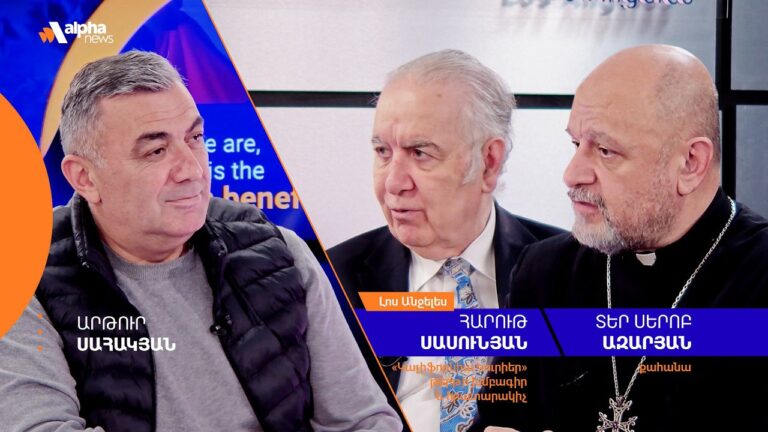When will Pashinyan declare the need to “lower the bar of Armenia’s status”?
May 17 2024, 12:45
On the morning of May 16, as previously announced, Armenia unilaterally made concessions to Azerbaijan in the so-called process of “reproducing the borders of Soviet Armenia and Azerbaijan.” As a result of the “delimitation”, vital territories and houses in the village of Kirants were handed over to Azerbaijan.
In general, three problematic coordinates on the ground (bridge, etc.) were detected on a computer, not with the help of poles (these are the problematic areas, because of which the residents of Kirants blocked the road), and part of the Yerevan-Tbilisi highway also passes to Azerbaijan (the government promises to move part of the highway in the next 2-3 months). And the “cherry on top” was that on May 16, government officials did not visit Kirants, so the issue of providing compensation to those who lose their houses was not addressed.
As we said earlier, Nikol Pashinyan gave several clear signals during his press conference on May 7:
1. He does not intend to stop the shift of Armenian foreign policy towards Turkey;
2. He does not intend to stop the process of unilateral concessions to Azerbaijan, despite any threats to Armenia’s security.
Back on May 7, it should have become clear that there can be no illusions and that the authorities will follow the path of complete erosion of Armenian statehood. We should understand that the government is guided by the principle that if there is no Armenia, there is no plaintiff who can hold them accountable. Do not be surprised if you soon hear Pashinyan’s statement about the need to “lower the bar of Armenia’s sovereignty and status in order to preserve it.”
It is almost impossible to change this situation from the outside. Russia is currently engaged in an existential war with the West in Ukraine; the entire multimillenial history of Iran demonstrates that it will never take unjustified risks and will never escalate tensions; and the West is not interested in a change of power in Armenia, unlike the situation in Georgia. Moreover, the change of power in Armenia is a geopolitical challenge to the West, Turkey, and Azerbaijan.
Everything that can lead to a drastic change in the situation should “ripe” in Armenia itself. The movement that is gaining momentum in Yerevan these days has sparked hope among some segments of society. However, we must understand that 1, 2, or even 10 thousand rallies on Republic Square are not enough for its success.
The leaders of the movement should recall the history of the Karabakh Committee. At some point, the movement, having gone through a natural evolution, offered a full-fledged reformation program, realizing that in order to keep Karabakh Armenian, they need to have an independent state, and in the eyes of society, this state has to be a key to solving their social and economic problems.
Today, in order for Kirants, Voskepar, Tigranashen and Sevan to remain Armenian, Yerevan must become Armenian. And it will become such if the movement manages to infect the overwhelming majority of Armenian society with the idea of change. For this, it is important that Bagrat Srbazan’s movement go beyond issues related only to delimitation and deal with social and economic problems as well. People have a right to know why they take to the streets and what future they are fighting for.
Think about it…







